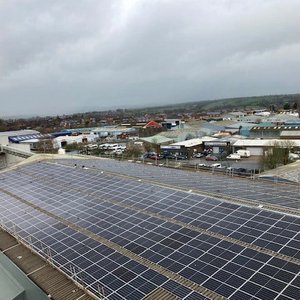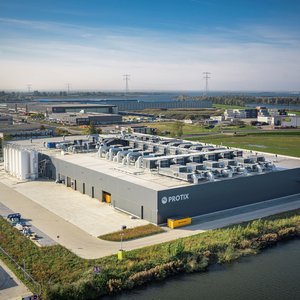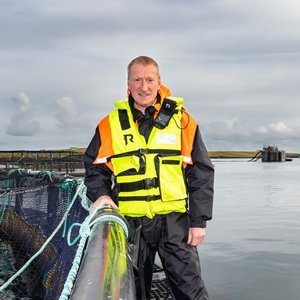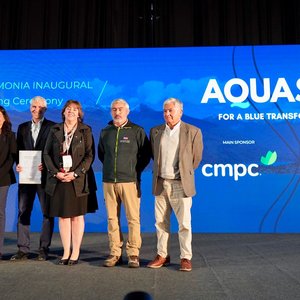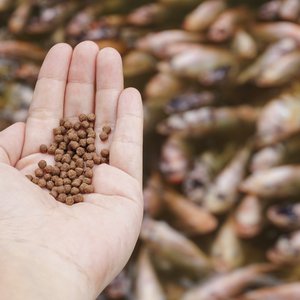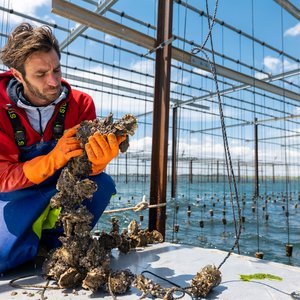U.S. Commerce Secretary, Carlos M. Gutierrez, to unveil National Offshore Aquaculture Policy at International Boston Seafood Show
U.S. Commerce Secretary, Carlos M. Gutierrez, will unveil the Bush administration's offshore aquaculture policy at the International Boston Seafood Show on Monday, March 12. The Associated Press reported today that the plan would let companies operate fish farms three miles to 200 miles offshore, but without some of the rules on size, season and harvest methods that apply to other commercial fishermen.
Fish farms already operate on inland and coastal waters as far as three miles into the ocean, which fall under state jurisdiction. Environmental concerns have arisen about wastewater generated by such operations. Gutierrez, however, said the administration's proposal had safeguards and would permit states to ban fish farming up to 12 miles off their coast.
'We believe we can do it in a way that is environmentally sound, that makes sense for our economy. And given that we are importing so much farm-raised fish, we might as well do it ourselves," Gutierrez told The Associated Press.
The Pew Charitable Trusts has been quick to respond. Christopher Mann, senior officer, environment at The Pew Charitable Trusts and an aquaculture expert who recently served as the executive director of the Marine Aquaculture Task Force, which released its recommendations for national aquaculture policy in January 2007 said in a statement today:
"If done correctly, aquaculture can be an important and sustainable source of seafood. However, the scientific evidence shows finfish farming causes considerable damage to the marine environment. Before the federal government allows aquaculture in the open ocean, it must first address the substantial environmental problems that continue to plague the industry.
"Some forms of aquaculture, such as shellfish farming, contribute positively to the global seafood supply. Raising salmon or tuna as currently practiced does not appear to be environmentally sustainable. The Pew Charitable Trusts is particularly concerned about the dependence of marine fish farming on wild fish for food, which results in farmed fish consuming many times their weight in wild fish. This is no way to feed the world, as it ultimately reduces the amount of fish available for human
consumption. In addition, escaped farmed fish can compete with wild fish, transmit disease, and harm the genetics of struggling wild fish stocks. This is no time to jeopardize the modest gains we are making in restoring wild fish populations.
"Until Congress and the administration address these concerns, it is imprudent to open our ffshore waters to this new use. We cannot allow short- term economic interests to trump long-term conservation of our marine resources. We made this mistake in the past with the management of
our fishing industry, and we are only now beginning to see some stocks recover.
"The administration's proposal has a long way to go before it becomes the kind of aquaculture policy the nation needs. The devil is truly in the details here. We need a precautionary approach that puts protection of wild fish and marine ecosystems first. The Pew Charitable Trusts is committed to
working with the Department of Commerce and others to ensure that aquaculture development proceeds along this path."



